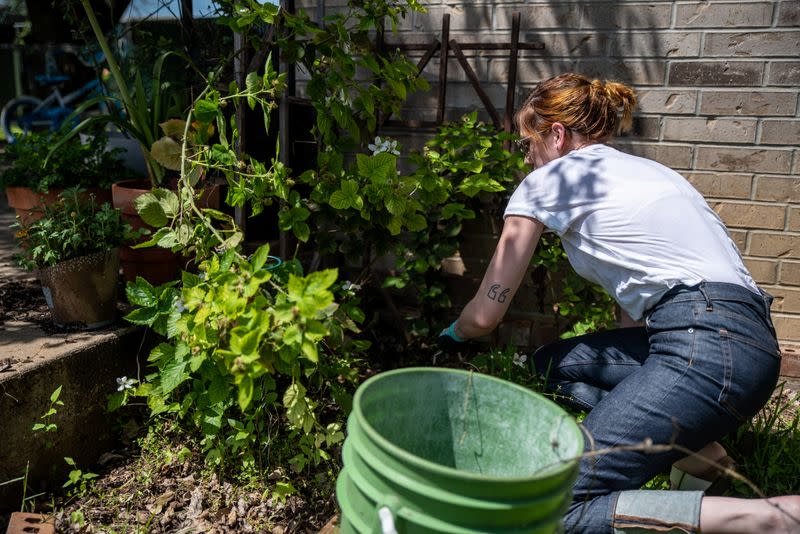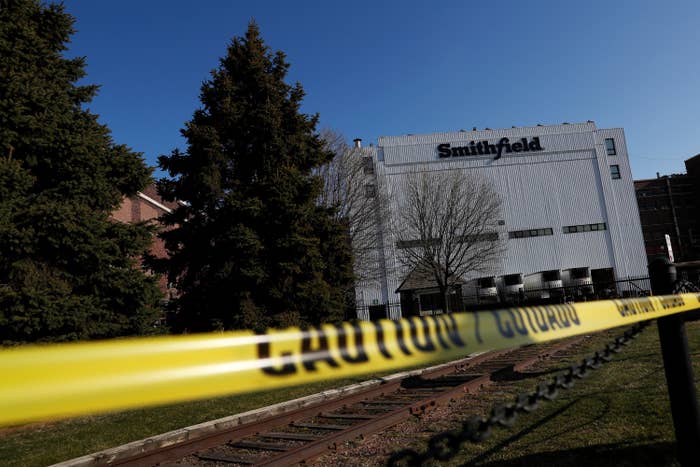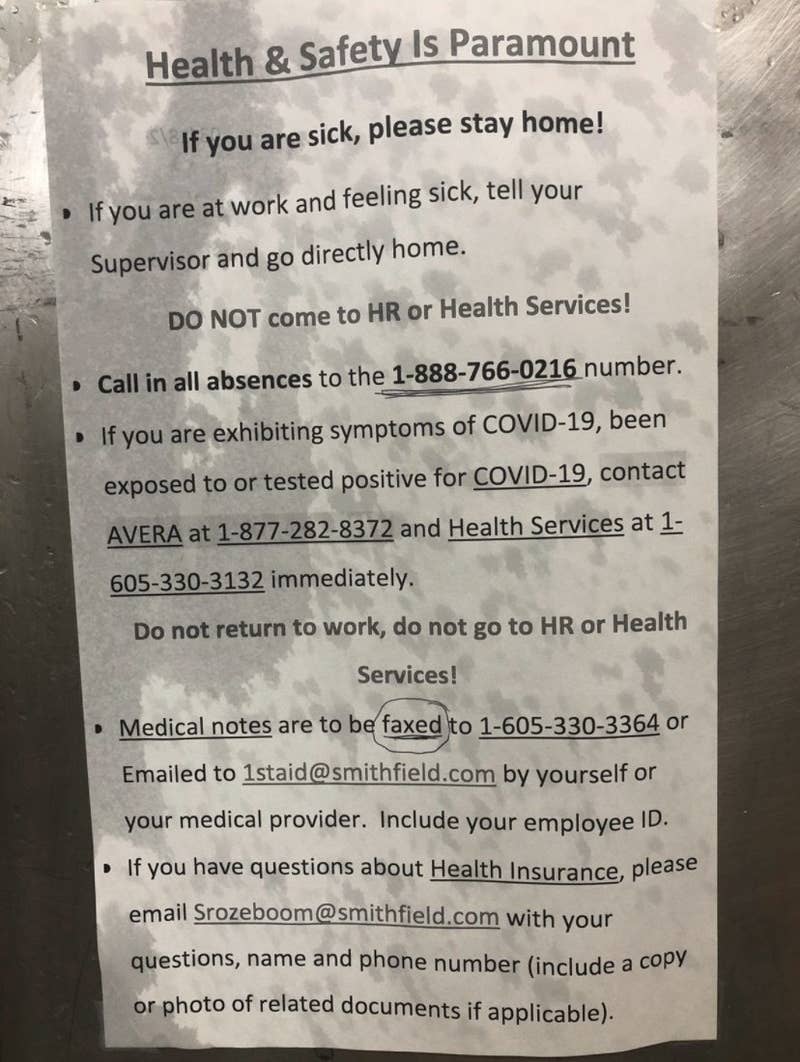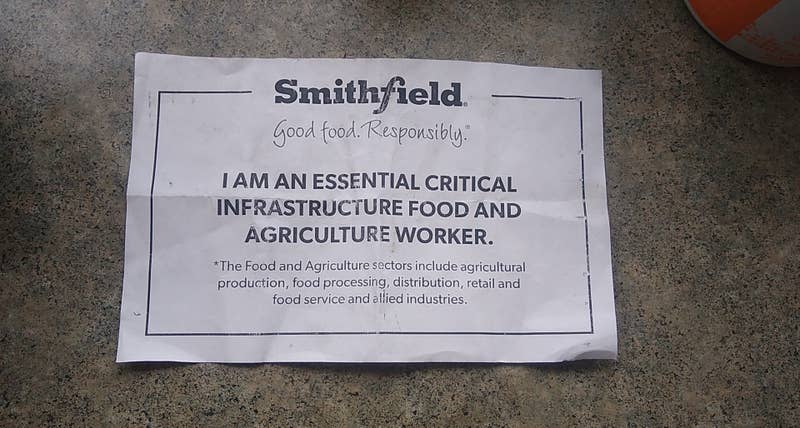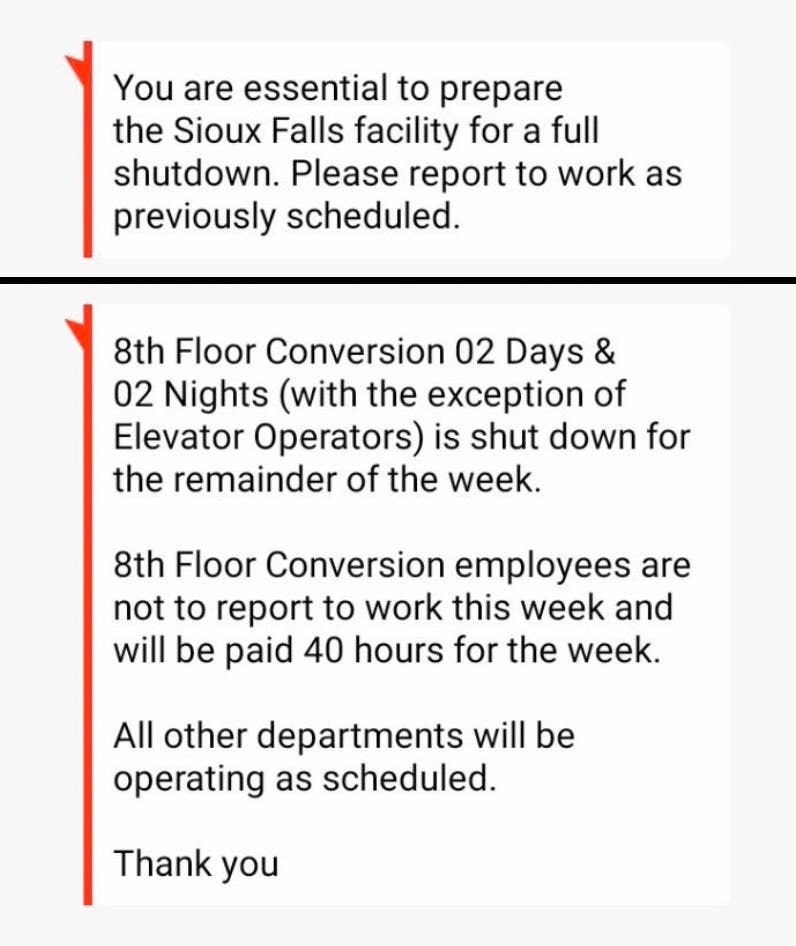Thousands turn to backyard 'victory gardens' during pandemic

Nate and Josie Harlow, ages 7 and 4, respectively, plant tomatoes in their family victory garden near Lake City, Fla. Photo courtesy of Erin Harlow/University of Florida
ORLANDO, Fla., April 21 (UPI) -- Large numbers of Americans have started vegetable gardens while staying home as the coronavirus pandemic complicates grocery shopping and interrupts food supply chains.
University extension offices in Oregon, Florida and other states reported a surge in the volume of questions and signups for gardening programs, and seed companies reported booming sales.
The attraction of gardening is a combination of a distraction at home with the ability to eat fresh food without going out, experts said.
"We have over 29,000 registered for the free, online vegetable gardening course. Normally we might get 20 or 30 registered all year," said Gail Langellotto, professor of horticulture at Oregon State University and statewide coordinator of the master gardener program.
RELATED Farmers fear coronavirus will curb migrant workforce, lead to produce shortages
Gardening grants us solace - research bears that out.
Digging in the soil is good for our mental health and we need that more than ever as we follow Gov. Kate Brown's order to "stay home, save lives." https://t.co/dE123wxHrI pic.twitter.com/bcTCEaNNJy— OregonStateUnivExt (@OregonStateExt) April 3, 2020
Novice issues, such as where to find the best place in a yard to plant, what grows on a shady balcony and why do plants look wilted or unhealthy dominate what is being asked of program volunteers, Langellotto said.
RELATED NASA advances food-in-space technology
"Our volunteers are usually at county fairs, farmers markets or stores to answer questions," she said. "Now, we are totally online, offering [virtual] consults to home-gardening clients in some counties."
Parents with children stuck at home use gardening as a distraction for the whole family, Langellotto said.
That's one motive behind vegetable gardening for Katinka Merritt of Ocala, Fla., about 75 miles northwest of Orlando.
"I started gardening with my kids. Mostly it was to keep them busy since they are home from school," Merritt said.
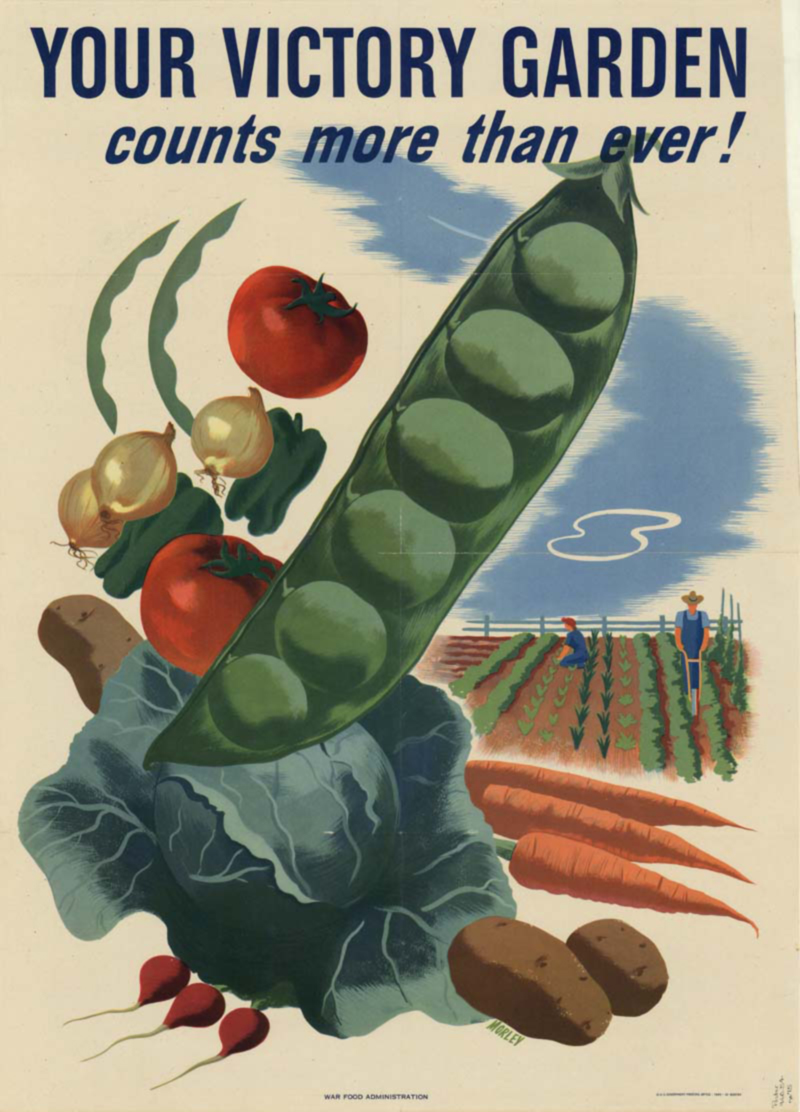
Facebook groups
She also joined a Facebook group called Victory 2020 Garden, established by the University of Florida's Institute of Food and Agricultural Sciences Extension. She was one of many writing on the page about switching from flowers to vegetables.
"I just joined, and I'm already learning more about gardening and hearing about what other people are planting," Merritt said. "I have seven kids, so it has helped them learn about food and where it comes from. The kids get super excited."
Erin Harlow, commercial horticulture agent with the University of Florida, named the Victory 2020 Garden program as a reference to victory gardens planted by Americans during World War I and World War II. Members can sign up for an online class on how to grow vegetables.
"I expected to get maybe 40 people, but it's over 1,000 now and growing," Harlow said. "My intent was to also encourage social distancing connections."
The program received a $4,500 grant from the University of Florida to send free seed packets of corn, beans and squash to new members.
Seed companies like Gurney's, based in Indiana, and Botanical Interests in Colorado posted messages on their websites to ask customers for patience as they dealt with tremendous demand.
"We've seen a 600 percent increase in sales over last year," said Judy Seaborn, co-owner at Botanical Interests. "It's all for vegetables, or leafy greens, which makes sense."
Her company announced a pause for a week in taking new orders online due to a two-week backlog.
She split her workforce into two shifts to keep them more distant from each other, and narrowed the selection of each type of vegetable to focus on volume.
"I'm really proud of gardeners for getting out there and planting. I think we'll need it, and the mental break it provides," Seaborn said.

By Christopher Walljasper and Tom Polansek
CHICAGO (Reuters) - Jaime Calder all but gave up on gardening after moving from the fertile soils of Illinois to dusty Texas, but the coronavirus changed her mind.
The magazine editor and her family of five planted collard greens, chard, onions, blackberries, watermelons and peppers this year, expanding their garden while buckling down at home during the pandemic.
People around the world are turning to gardening as a soothing, family friendly hobby that also eases concerns over food security as lockdowns slow the harvesting and distribution of some crops. Fruit and vegetable seed sales are jumping worldwide.
“It’s supplementary gardening,” said Calder. “There’s no way this would sustain a family of five. But we’re amping it up, so we can try and avoid the store a little more in the coming months.”
Russians are isolating in out-of-town cottages with plots of land, a traditional source of vegetables during tough times since the Soviet era, and rooftop farms are planned in Singapore, which relies heavily on food imports.
Furloughed workers and people working from home are also looking for activities to occupy their free time, after the cancellations of major sporting events and the closure of restaurants, bars and theaters. Parents too are turning to gardening as an outdoor activity to do with children stuck at home after schools shut.
"Planting a few potatoes can be quite a revelation to a child," said Guy Barter, chief horticulturist at Britain's Royal Horticultural Society, which has seen a five-fold rise in queries for advice on its website during the lockdown. Gardeners without yards are even planting potatoes in trash bags, he said.
Gardening could trim retail demand for produce but trips to the grocery store will still be necessary. Bert Hambleton, retail consultant for Hambleton Resources, said supermarkets will continue to see an overall increase in produce demand as would-be restaurant-goers eat at home instead of dining out.
SEED BOOMU.S. seed company W. Atlee Burpee & Co sold more seed than any time in its 144-year history in March as the contagious respiratory virus spread, Chairman George Ball said.
When they cannot find seeds in stores, would-be gardeners in Britain are seeking advice on how to extract them from tomatoes and squash purchased in supermarkets, Barter said.
In Russia, demand for seeds rose by 20%-30% year-on-year in March, according to online retailer Ozon.
Seed demand typically goes up in tough economic times, said Tom Johns, owner of Territorial Seed Company in Cottage Grove, Oregon. The company temporarily stopped taking orders over the phone due to a surge in demand and reassigned some phone workers to physically fill online orders, he said.
"It doesn't take long for people to become very concerned about the food supply - either the cost of food or getting food," Johns said.
Johnny's Selected Seeds in Fairfield, Maine, saw a 270% jump in orders the week of March 16, after U.S. President Donald Trump declared a national emergency over the coronavirus.
Canada-based Stokes Seeds, which ships to the United States and Canada, received 1,000 online orders during the weekend of March 21, four times more than normal, President Wayne Gayle said.
"We didn't have the staff even just to enter them into the system, let alone fulfill them," he said.
The company temporarily halted all online orders and is prioritizing orders from commercial vegetable growers "to ensure our food security this summer," according to its website.
'I GROW TOMATOES, YOU GROW CARROTS'
With so many digging into gardening for the first time, there has also been a push to pool resources and collective knowledge on home food production.
Nathan Kleinman, co-director of Philadelphia-based Experimental Farm Network, said more than 2,000 people signed up and attended weekly calls to discuss gardening best practices as they begin putting seeds in the ground.
"The reaction was overwhelming," Kleinman said. "It struck a nerve with a lot of people."
Melanie Pittman, an teacher who lives on 5 acres near Crete, Illinois, said while everyone was stocking up on toilet paper, her partner ran over to the local home improvement store to stock up on seeds and gardening tools.
Pittman is more than doubling her garden, planting corn, beans, tomatoes, potatoes, onions and growing mushrooms. She is also working with other growers in her community to expand her reliance on local food.
“I try to reach out to other individuals who are growing food in the area, to avoid the overlap - ‘I grow tomatoes, you grow carrots,'” she said.
Gardening may be a rare positive trend to emerge from the crippling pandemic, said Diane Blazek, executive director of the U.S. industry group National Garden Bureau.
"We'll come out in the end and hopefully everyone will be eating better and gardening more and more self-reliant," she said.
(Reporting by Christopher Walljasper and Tom Polansek; Additional reporting by Nigel Hunt in London and Polina Devitt in Moscow; Editing by Caroline Stauffer and Lisa Shumaker)








